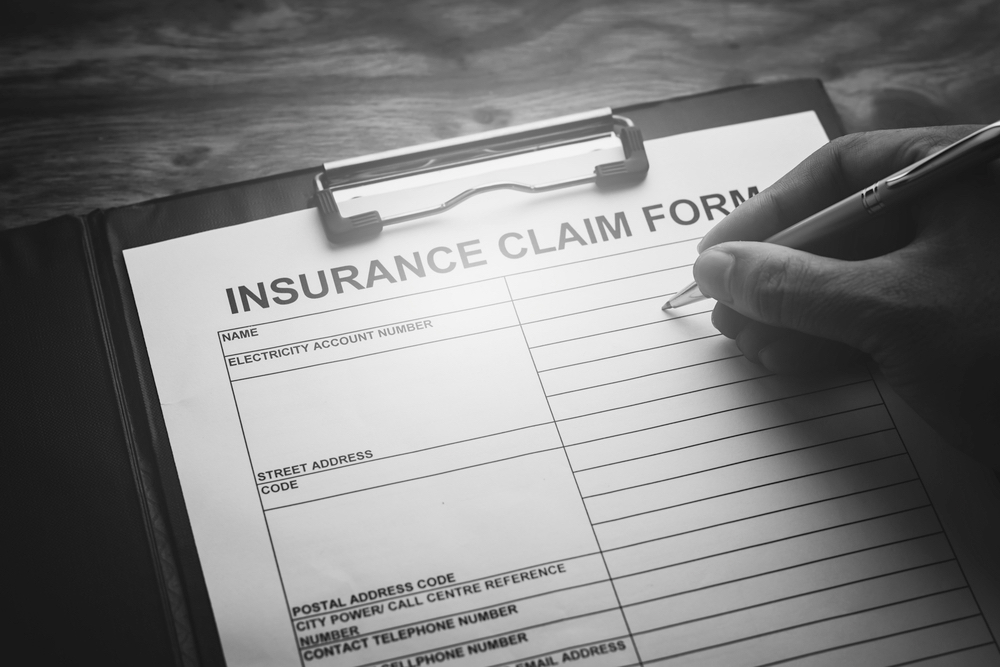
Last week we began the dialogue on possible COVID-19 claims and what, if any, insurance coverage could be triggered. This week, we will expand that discussion to the following coverages—Pollution, Professional, and Subcontractor Default Insurance (SDI).
As a reminder, insurance coverage is completely dependent on three things:
- What are the facts of the case?
- What does the policy say?
- How does the local law apply to the claim?
As such, it’s important to note that coverage for any COVID-19 losses will ultimately depend on the exact policy wording and specific details of any situational applicable law.
Pollution
Some environmental policies specifically mention “virus” within their definition of “Pollutants.” However, some policies include it within their definition of other terms such as “biological agents” or “microbial matter.” Regardless, the “pollution condition” will more than likely require the “virus” to be present at the site to trigger coverage. If the policy is triggered, it could potentially provide coverage for any cleanup or remediation costs, as well as the associated Business Interruption loss.
Professional
Contractors’ Professional Liability insurance provides coverage to contractors and professionals for errors made during the construction process. This coverage is typically purchased by contractors that provide design and building services. It is intended to provide coverage for errors made by the contractor as well those made by third party design contractors hired by the contractor, such as engineers and architects of all tiers.
At this stage, it is unclear how the Professional Liability would be triggered to respond to a claim made for the Coronavirus.
Subcontractor Default Insurance
Subcontractor Default Insurance (SDI) and/or Subcontractor Bonds continue to be an effective tool in mitigating subcontractor risk. This coverage is for the financial impacts associated with subcontractor default. Both bonds and SDI cover the terms and conditions of the underlying subcontract agreement, which most often includes scope, schedule, and price.
The advent of the COVID-19 pandemic presents potential impacts to subcontractor default risks on construction projects. We expect there to be project schedule disruption associated with the pandemic. This may come in the form of supply chain disruption, project shut down, and/or production challenges associated with labor shortages. The impact of the aforementioned can be overall project delay leading to disruption in follow on trades and/or contractual damages.
Potential Subcontractor Default Scenarios
- Schedule delays
- Lack of labor due to illness, quarantine, or travel restrictions
- Lack of labor due to layoffs for financial reasons
- Supply chain issues—materials delivered late or not available
- Failure to remobilize after a project delay, potentially due to subcontractors giving higher priority to other projects
- Quality Issues
- Failure to meet quality standards due to lack of qualified labor or supply chain issues
- Subcontractor insolvency
- Insolvency due to revenue / cash flow disruption due to projects being delayed, postponed, or canceled
Risk Mitigation will be key to addressing the heightened risk of project interruption and subcontractor default. As the insurance industry evaluates coverages during this pandemic, it is important to read your policies and discuss your options with your insurance broker. These are challenging times, and a capable risk advisor can help you navigate.
Still have questions? Contact TSIB today.
image credit: Guitarfoto studio/shutterstock.com


Comments